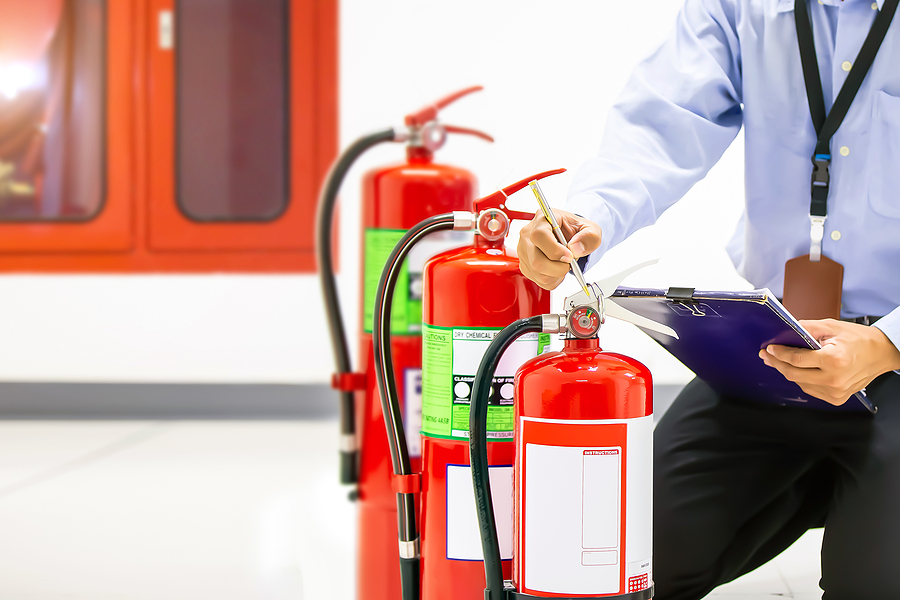Only a tiny percentage of people know just how critical fire extinguishers are to any life safety system and which types of extinguishers are best for dealing with various hazards and environments. Depending on the type of fire, some technologies are more effective than others, and it’s essential to know which ones to use in specific situations.
How effective are fire extinguishers?
Fire extinguishers can be highly effective if used early on in a fire. A total of 5.32 million fires were put out by the National Fire Protection Association (NFPA) in 2010.
Portable fire extinguishers were successful in 80% of all fires, and in 75% of those cases, the fire department did not need to assist.
How much money can you save by using fire extinguishers?
As many as 2 million fires go unnoticed by the fire service each year, making it impossible to come up with an actual estimate. It is estimated that the building’s residents extinguished 83 per cent of recorded fires in primarily commercial buildings with sprinkler systems. According to these figures, fire extinguishers save billions of dollars every year, and the fact that a commercial fire often results in damage claims of $35,000 or more.
Fire extinguisher types
- Understanding which extinguishers will be most effective at putting out different types of fires on your property is crucial. The following are the most important technologies:
- A setting in which a fire can be swiftly extinguished with no items present that may re-ignite it is best served by dry chemical extinguishers.
- To protect fragile electronics, clean agent extinguishers employ non-conducting gases, leaving little to no residue. This type of equipment is commonly seen in data centres and other service facilities.
- Flame retardant foam extinguishers put out flammable liquid spills or pool fires. The foam extinguishing chemicals spread throughout a liquid’s surface and prevent further contact with oxygen, thereby extinguishing the flames.
- Oil fires are put out with wet chemical extinguishers, which contain chemicals that react with the fats in oil to create a foam that drowns out the fire.
- For blazes involving wood, sawdust, or trash, or for extinguishing electronic fires, specialized water extinguishers can be used.
- Because magnesium, sodium, and potassium alloys include metals, dry powder extinguishers are the best choice. The powder is smothered by a crust that forms when it is exposed to the heat of the fire.
Your life and thousands of dollars in property damage can be saved by having a fire extinguisher on hand, no matter what kind of fire you may be facing. Contact the professionals if you want to know which fire extinguishers to use in your building and where to put them or if you need help with an inspection, maintenance, or installation of any part of your fire safety system.
